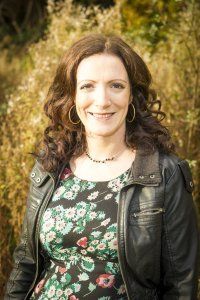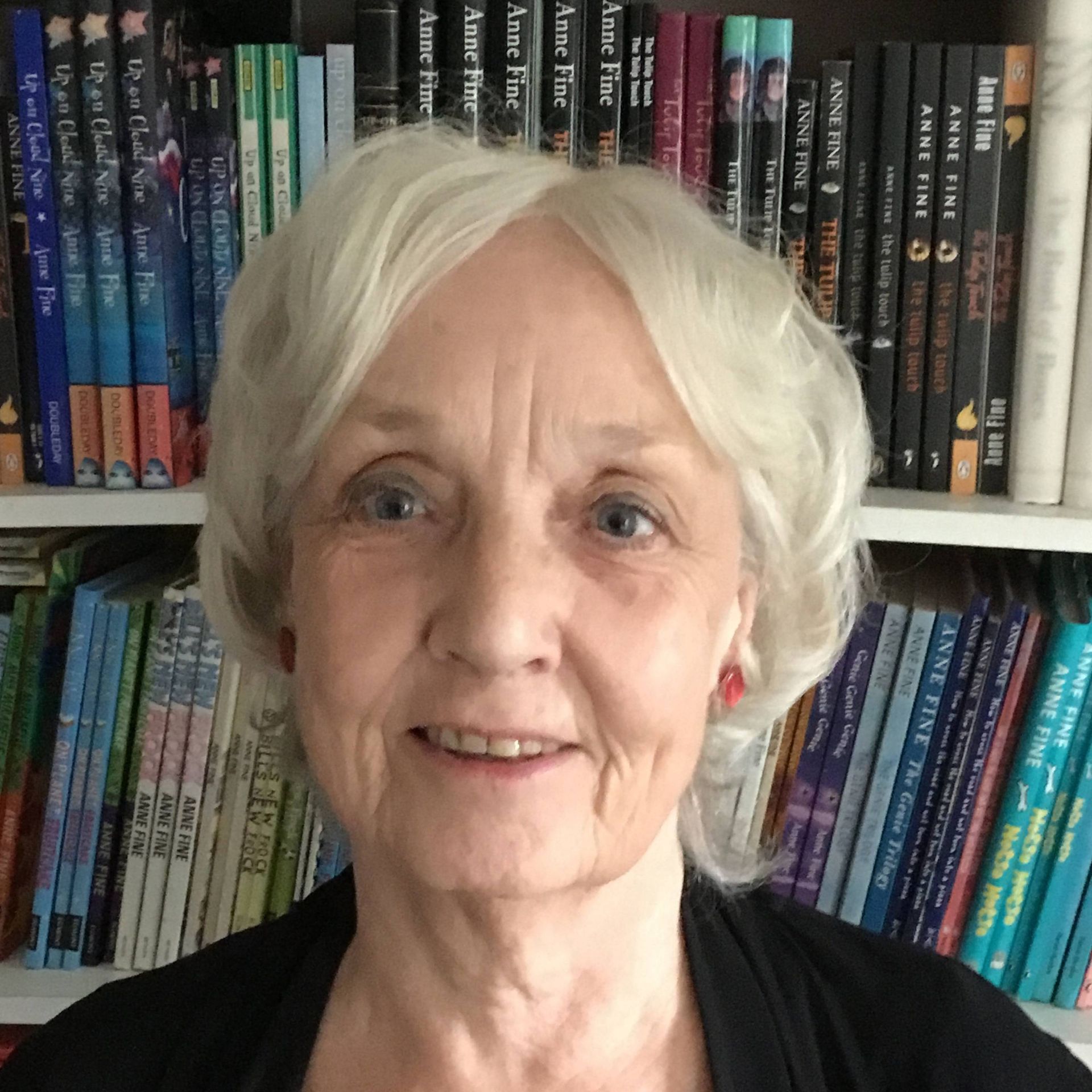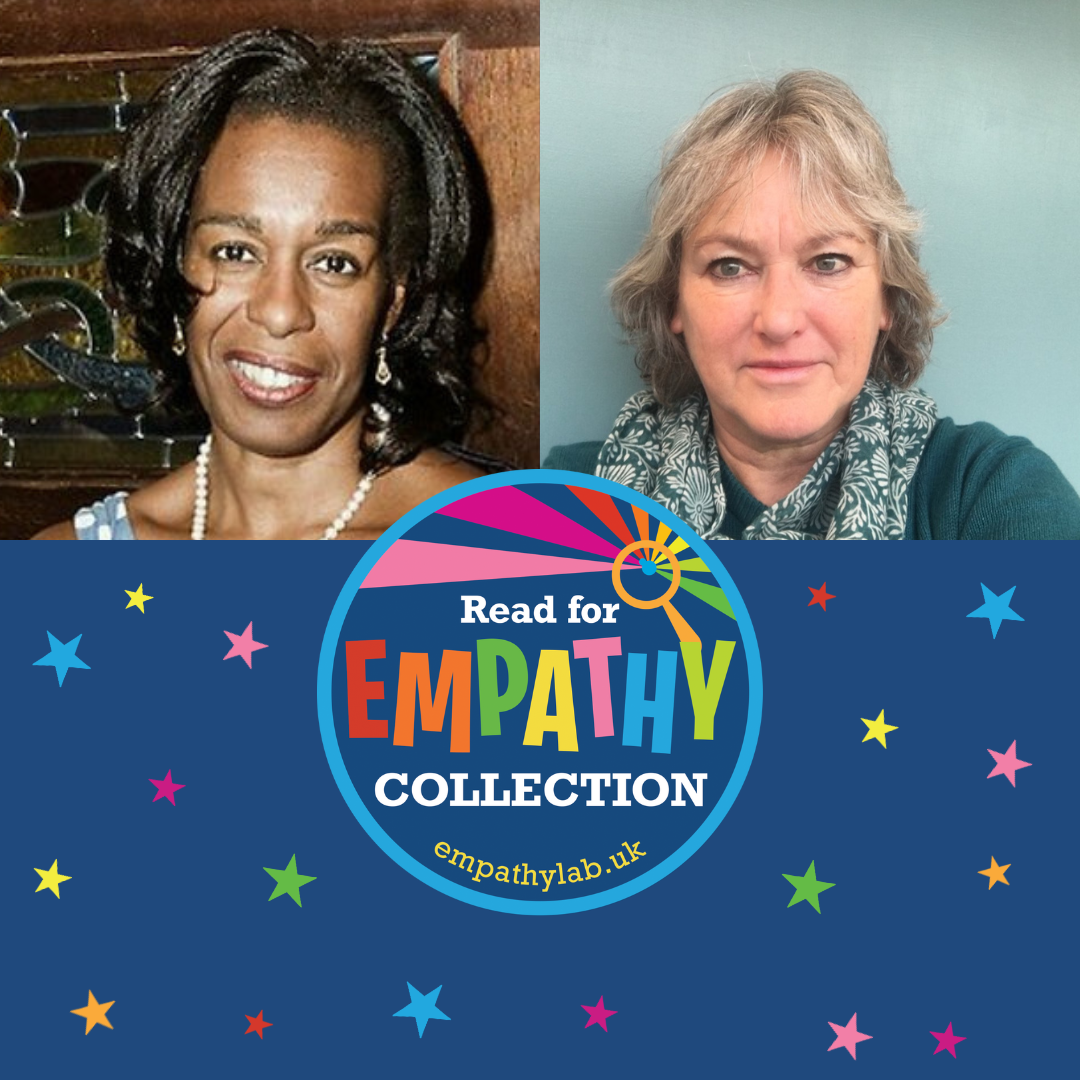THE NEED FOR EMPATHY WITHIN SCHOOL
- By EmpathyLab
- •
- 31 Jan, 2017
- •

Empathy – the ability to understand and share the feelings of others. Quite a simple concept when you think of it. But how much importance do we really put on this, especially when working with young people, the one group of individuals that probably need to understand the concept the most?
My understanding of empathy grew whilst working in a large secondary school. Sprawling and multicultural, this educational setting supported some of the most deprived families in the area. From my first day I was exposed to huge and fundamental issues of poverty, abuse and mental health difficulties that young people were experiencing first hand. It was devastating. But it was also a revelation.
In my role, I had to support teenagers experiencing issues both at home and within school. As a result, on a daily basis I would be dealing with bullying and the huge fall out this caused. Bullying was a big problem (as I’m convinced it is in most schools). It seeps into daily life and through the aid of social media, an individual can now no longer escape its grasp, even at home. My task was talk to both victims and bullies themselves to try and resolve and mediate. To begin with, my views were pretty clear. Bullies were bullies – what they were doing was wrong and there could be no excuse. I was to quickly change my mind. Within weeks I had met young people that were under enormous amounts of pressure, children that couldn’t cope, who were so angry and frustrated that their only answer was to lash out at others. These young people were dealing with things that they really shouldn’t be expected to. Some were young carers, some lived with violent siblings, some watched as their mum’s starved themselves in order to put money in the electric meter. They had worries bursting out of them and they were scared and unable to cope with their feelings.
I began to see that in the majority of cases I worked on, bullying had more than one victim and it was an empathic and supportive approach that was needed to help both parties. First I would speak to the victims of bullying and try to help them to understand that they were not at fault – that there was no stigma at being targeted and that actually victim was the wrong term to be using. They were just unfortunate to meet someone who was struggling to deal with their emotions appropriately.
Then I would speak to the bully, addressing their issues, talking about how they could cope better with their pressures, letting them understand the harm that they were causing to another and how to stop this.
Hopefully, I was able to show them a different way.
Through this work, I began to write my debut novel – 7 Days, which told the story of bullying from both the bully and the target. I hoped that this would enable people to empathise with both parties and that we could also open discussions around bullying and the reasons behind it. I have already had readers contact me to tell me how helpful they have found the book.
As individuals we need to develop more empathy towards others and in schools perhaps the need is even greater. In today’s society, teenagers have never had it so hard and they need not only our understanding, but also the skills to be able to develop their own understanding for others.
Eve Ainsworth photo SevenDays

Why has the sheer importance of empathy come to the fore in recent years? Why do we care so much about a concept that had seemed to be left to itself for so long?
Perhaps because there has been so much change and upheaval for our young people in recent years, leaving so many isolated from what we might term ‘real’ contact with others. Lockdown was for many a disaster. The proliferation of phones hasn’t helped. Financially stretched families are often starved of time that can be spent in casual, easy, contact with one another.
So gaining an understanding of others from fiction has become more and more important. Children have always learned from the books and stories they are offered. From the fairy tales, children who lived in an elemental world without luxuries or social safety nets learned the virtues that were so necessary back then to survival: courage, resourcefulness, endurance, quick wits, kindness to strangers.
Our own young people live more tightly under separate roofs, and we have seen the language of books change accordingly - to Mum, the babysitter, playgroup, park, baby sister, Dad’s girlfriend, the bully, happy, worried, sad. It’s the language of relationships and emotions now, and understanding and compassion liberate. They have become the twenty-first century equivalent of Hansel and Gretel’s pebbles gleaming in the moonlight to show the way out of the dark forest.
Frank Flanagan once said good writers “structure, explain and evaluate the experience of childhood and empower the child to come to terms with it. They enable the child to lead a full life."
How? Partly by quite unconsciously increasing self-knowledge and self-awareness. A young reader can’t help but see characters in books unconsciously as if in a mirror. "I'm not like that." "I worry about that too." "I would have been braver”, “slower to catch on”, “tempted to be more mean”. And when this sense comes of no longer being the only one in the world to have this problem, or to feel that way, the child not only comes to realise that they are not alone, but also to gather insights into how other people deal with the same worries or tackle the same problems. In short, they learn, vicariously, how other people tick.
We have so many young people who, it seems, sometimes as a result of their upbringing, often simply by nature, have somehow failed to acquire the tools to begin to think about their own situation. Through fiction they can often begin, safely, to explore the more subtle aspects of life around them - an insight into someone else's life. A child can share desk space with someone else all year and yet learn less about them than about a character in one short book that’s read to them at night. I try to show this in my novel On the Wall , where, over the school year, Finley’s quite exceptional gift for tranquillity and self-acceptance in an anxiety-inducing world causes one fellow pupil after another to look more deeply into themselves, and learn how to rebalance their own way of thinking to become, in the process, calmer, happier, or more accepting.
We all want, for our young people, peace of mind. An excellent start is to explore Lauren Child's wonderful 'Staring into Space' project: https://staringintospace.me/
Then, steep them in fiction. And where better to find the
best than at the EmpathyLab itself?
You can purchase Anne's book, On the Wall,
here

The collection consists of 65 books for 3-16 year olds, each chosen for its unique contribution in building young people’s empathy.
The primary collection for 3-11 year has 40 books; the secondary collection features 25 books for 12-16 year olds.

